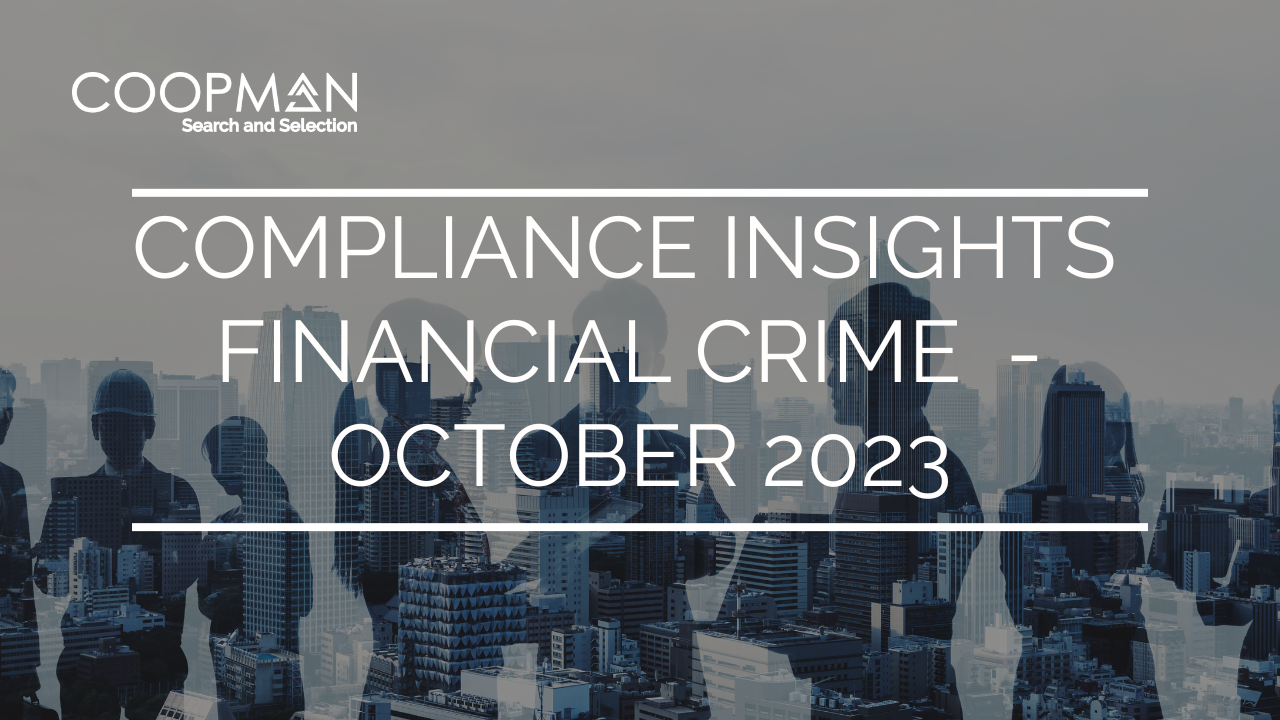The Financial Conduct Authority (FCA) recently released the results of its assessments of sanctions systems and controls within financial services firms, shedding light on how these findings impact the recruitment industry and financial crime teams in the fight against financial crime.
In its pursuit of strengthening compliance with sanctions and preventing financial crimes such as money laundering and sanctions evasion, the FCA is actively assisting regulated firms in achieving even greater levels of adherence to these regulatory measures. However, the unprecedented magnitude, complexity, and urgency of sanctions due to geopolitical events, such as Russia’s invasion of Ukraine, have elevated the significance of sanctions systems and controls for the FCA, leaving many teams needing extra resources or else being overwhelmed as a result.
The FCA conducted extensive reviews of sanctions compliance systems and controls of several financial institutions. Employing innovative analytics-based tools and intelligence gathering, the regulator identified areas of both commendable practice and those needing improvement, with skills and resources being particularly mentioned. It became evident that sanctions teams must be adequately resourced and equipped to prevent backlogs in addressing sanctions alerts and promptly responding to sanctions-related risks. Some firms still struggle with insufficient screening resources, leading to non-compliance risks – resulting in some firms opting to hire temporary resources or outsourcing to consultancies.
Advice to Clients
The FCA’s recent assessments of sanctions systems and controls will have implications on financial crime teams and resources. The ability to monitor and review the effectiveness of sanctions implementation through management information (MI) is important, as is ensuring that sanctions reporting is calibrated to the UK regime. As firms seek to enhance their compliance with sanctions regulations and curb financial crimes, it is vital to recruit skilled professionals who can address the identified shortcomings in governance. Resources, screening capabilities, and compliance practices become increasingly critical as financial institutions navigate the intricate landscape of regulatory scrutiny and increased need for strong risk management. Firms must and are adapting swiftly to the evolving regulatory landscape to combat financial crime. Recruiters should actively seek financial crime experts with extensive experience in sanctions across both the first line of defense (1LoD) and second line of defense (2LoD).
Are you adequately resourced for the changing landscape?
If you are concerned about how the current market may affect your position, or to discuss how we can support your hiring processes in the current market, please get in touch with Consultant, Shane Cassidy, at shane.cassidy@coopman.uk or Director, Will McCoppin, at will.mccoppin@coopman.uk








